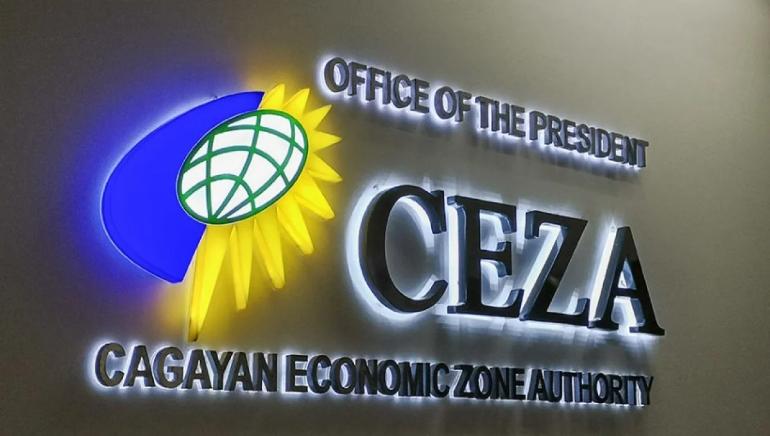The municipality of Santa Ana in Cagayan has raised the alarm over the severe economic impact of the Philippine government’s decision to shut down Offshore Gaming Operators (POGOs).
Santa Ana has long been associated with the offshore gaming industry, particularly interactive gaming, which began in the early 2000s.
According to local media outlet Philstar, the POGO ban and the closure of online gaming facilities are expected to significantly harm the town’s economy. Mayor Nelson Robinion estimates that up to 2,000 jobs and livelihood opportunities will be lost.
Many of the affected workers, including those who relocated to the town specifically for these jobs, now face uncertainty as the local job market struggles to absorb them, Robinion added.
When President Marcos first announced the POGO ban during his State of the Nation Address in July, it was unclear whether the interactive gaming operations under the Cagayan Economic Zone Authority (CEZA) would be affected.

In November, Malacañang Palace ordered CEZA to fully comply with Executive Order 74, which mandates the closure of all POGOs. As a result, CEZA, which oversees the Cagayan Special Economic Zone and Freeport in Santa Ana, was instructed to revoke all POGO licenses and ensure the cessation of their operations.
Dindo Danao, former public relations consultant for CEZA, noted that the ecozone was Asia’s first regulated jurisdiction for interactive gaming, established in 2003. CEZA introduced “i-gaming” to attract foreign investments by licensing offshore gaming operators, establishing Santa Ana as a hub for regulated gaming.
“It was a unique marketing strategy,” Danao explained. He added that the CEZA’s initiatives helped fund the construction of an international airport and a cyber village.
However, Danao highlighted a shift in 2016, when the Philippine Amusement and Gaming Corporation (PAGCOR) introduced what some deemed a more favorable POGO framework, drawing many operators away from CEZA and leaving the ecozone fighting to maintain its market share.
The consultant expressed concern that the closure of POGOs would bring significant economic hardship to Santa Ana. “Once a thriving industry providing jobs in customer service, logistics, security, and support roles, the departure of POGOs has left thousands of Santa Ana residents unemployed,” Danao said.
According to the POGO ban order, all POGO operations, including interactive gaming in Cagayan, must be closed by December 31st, 2024.



